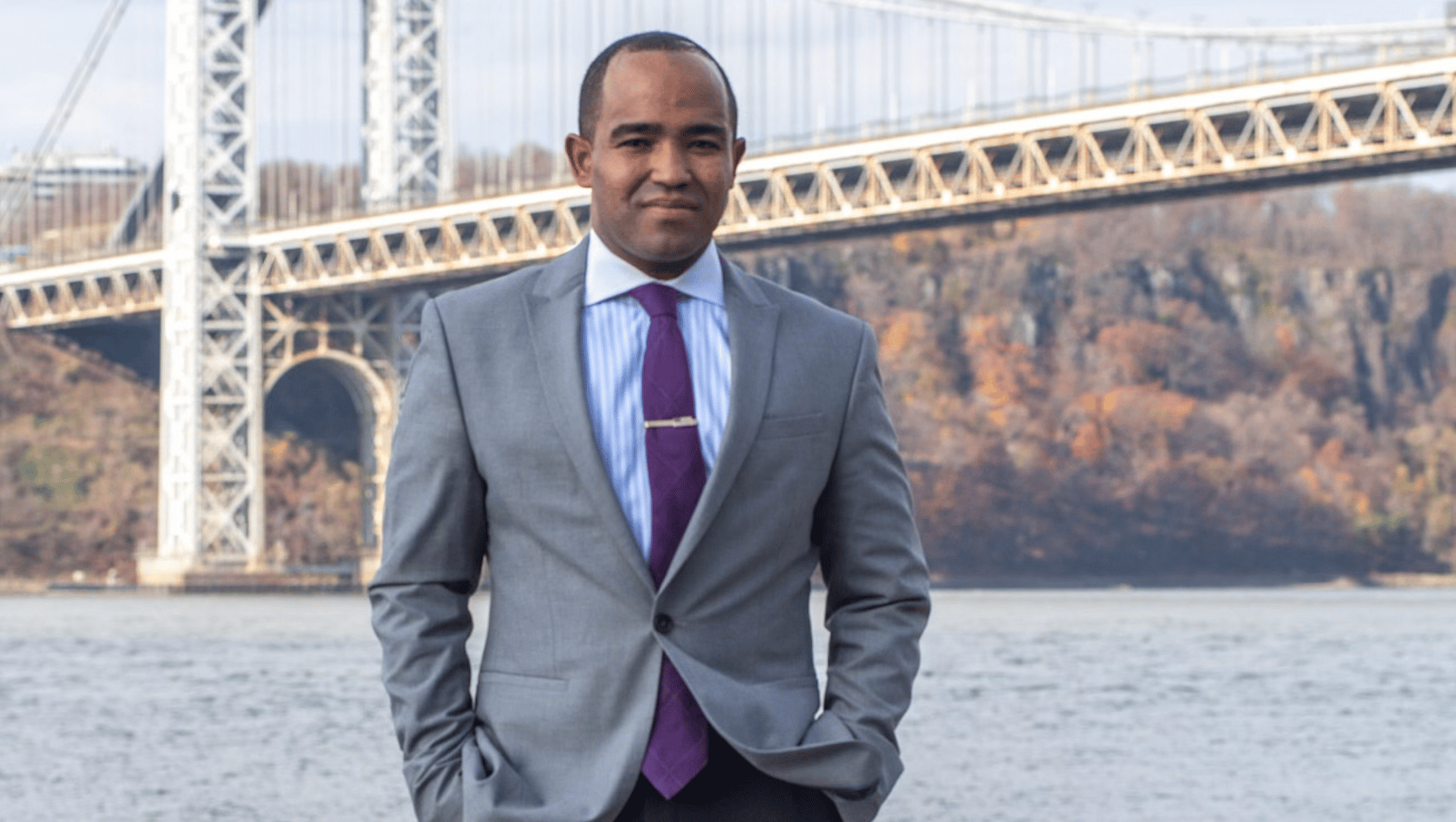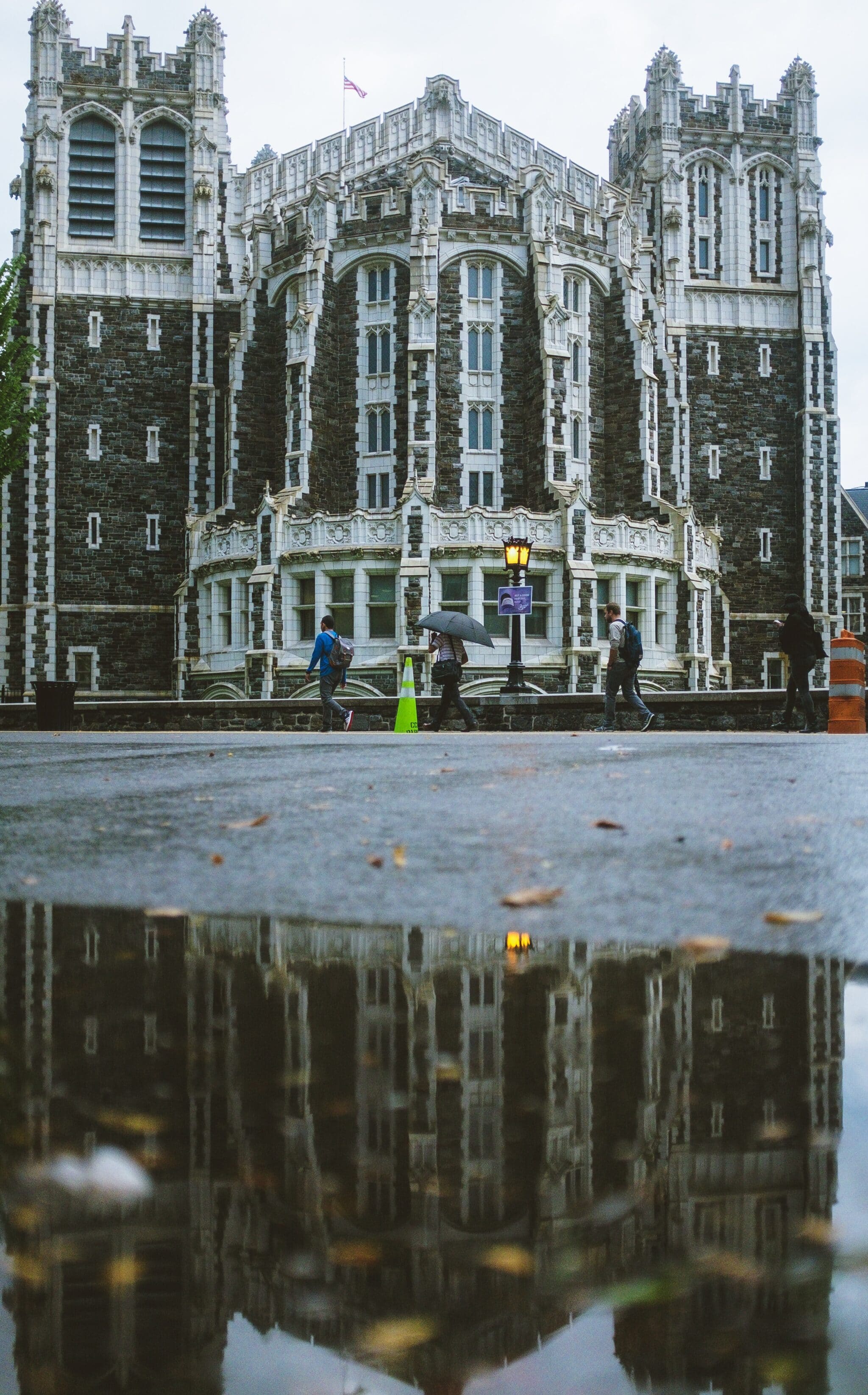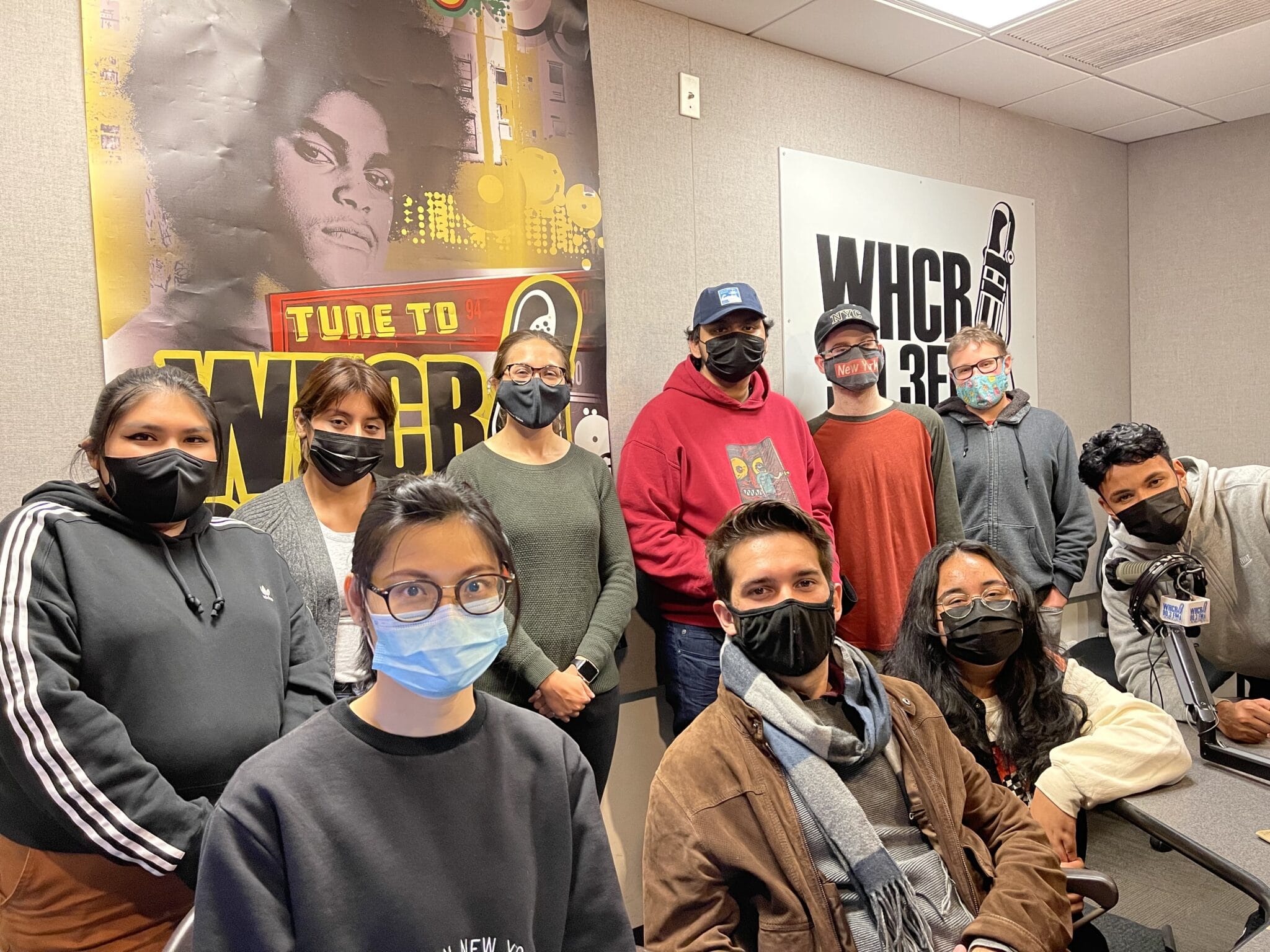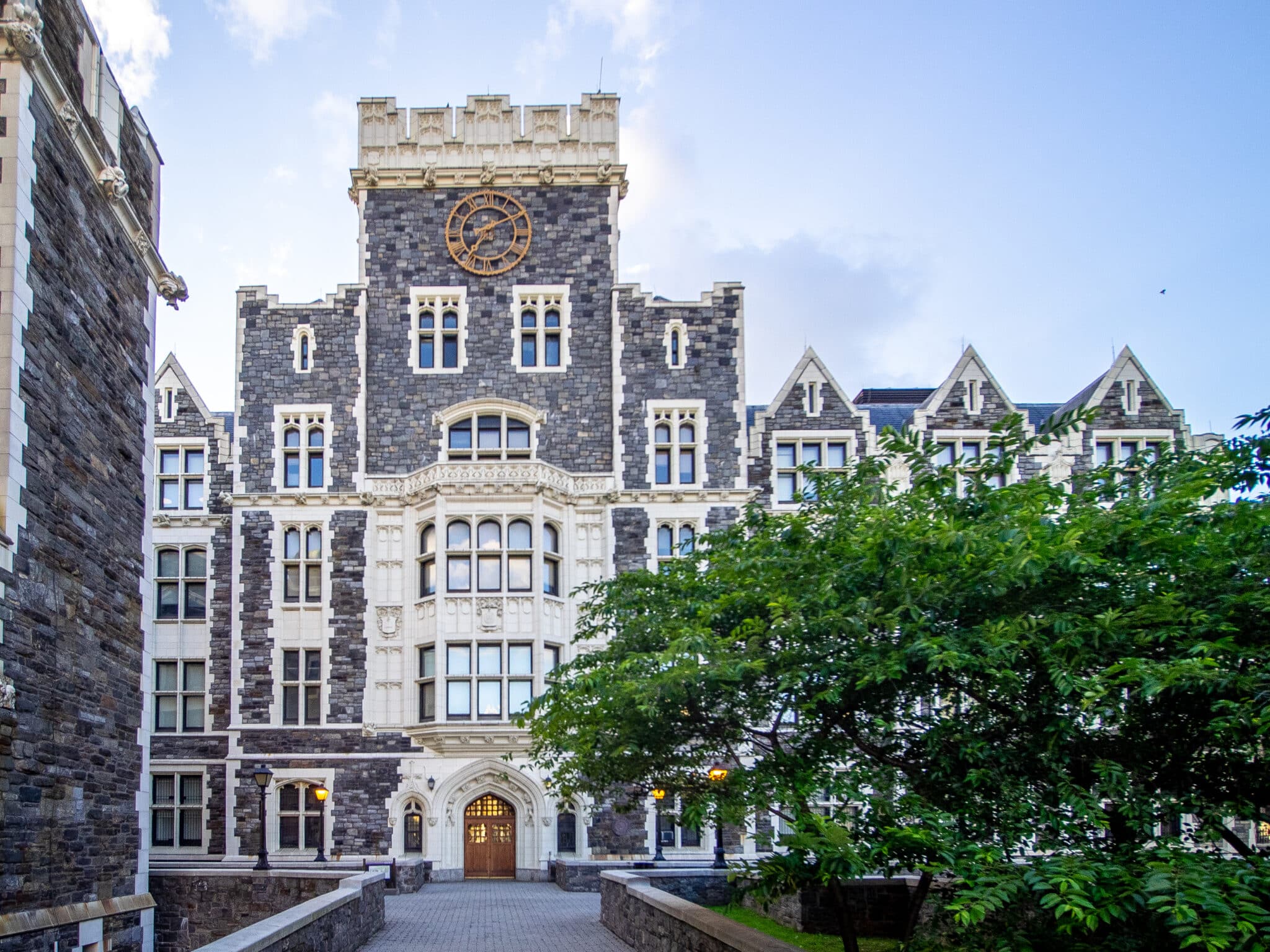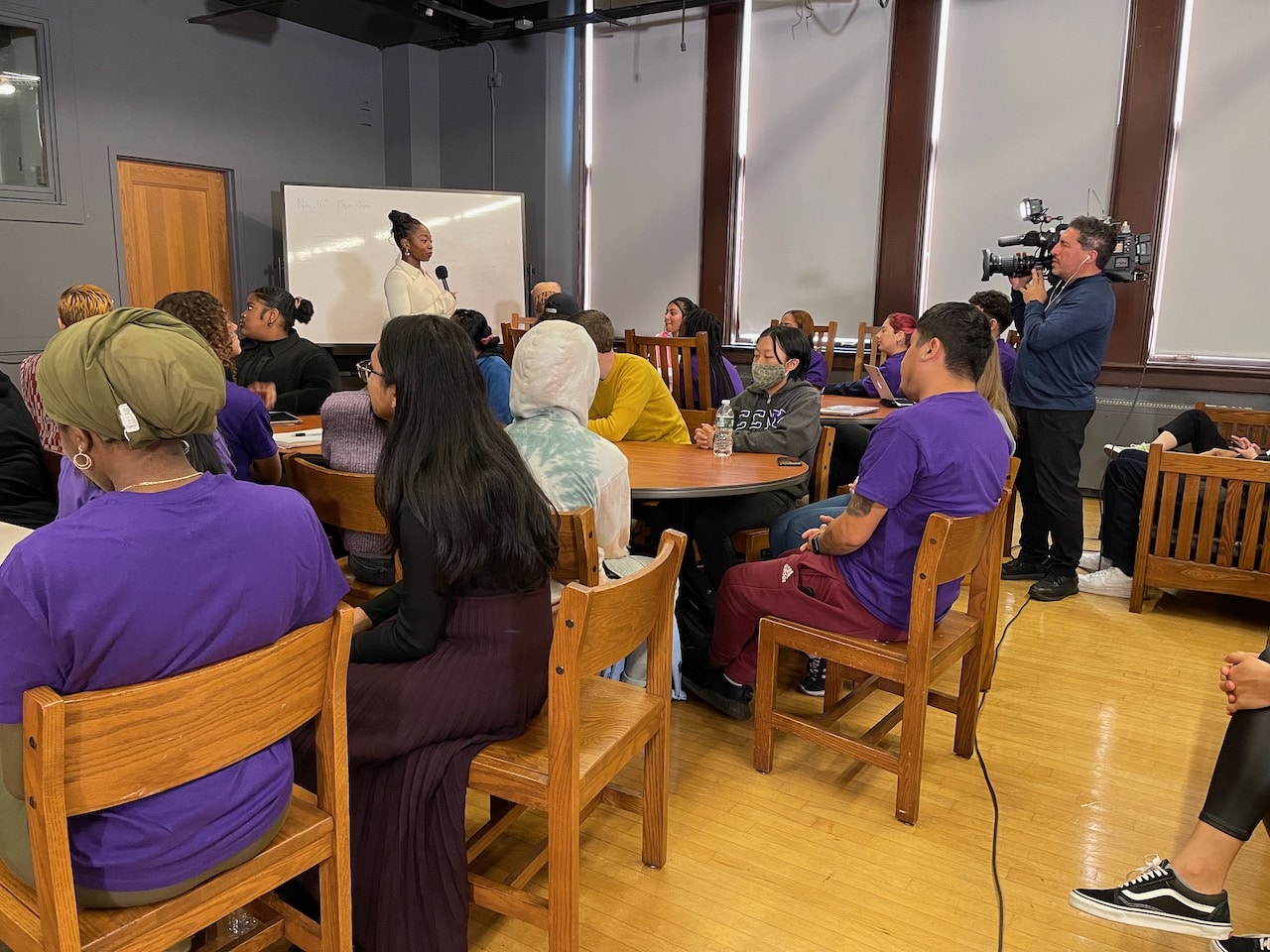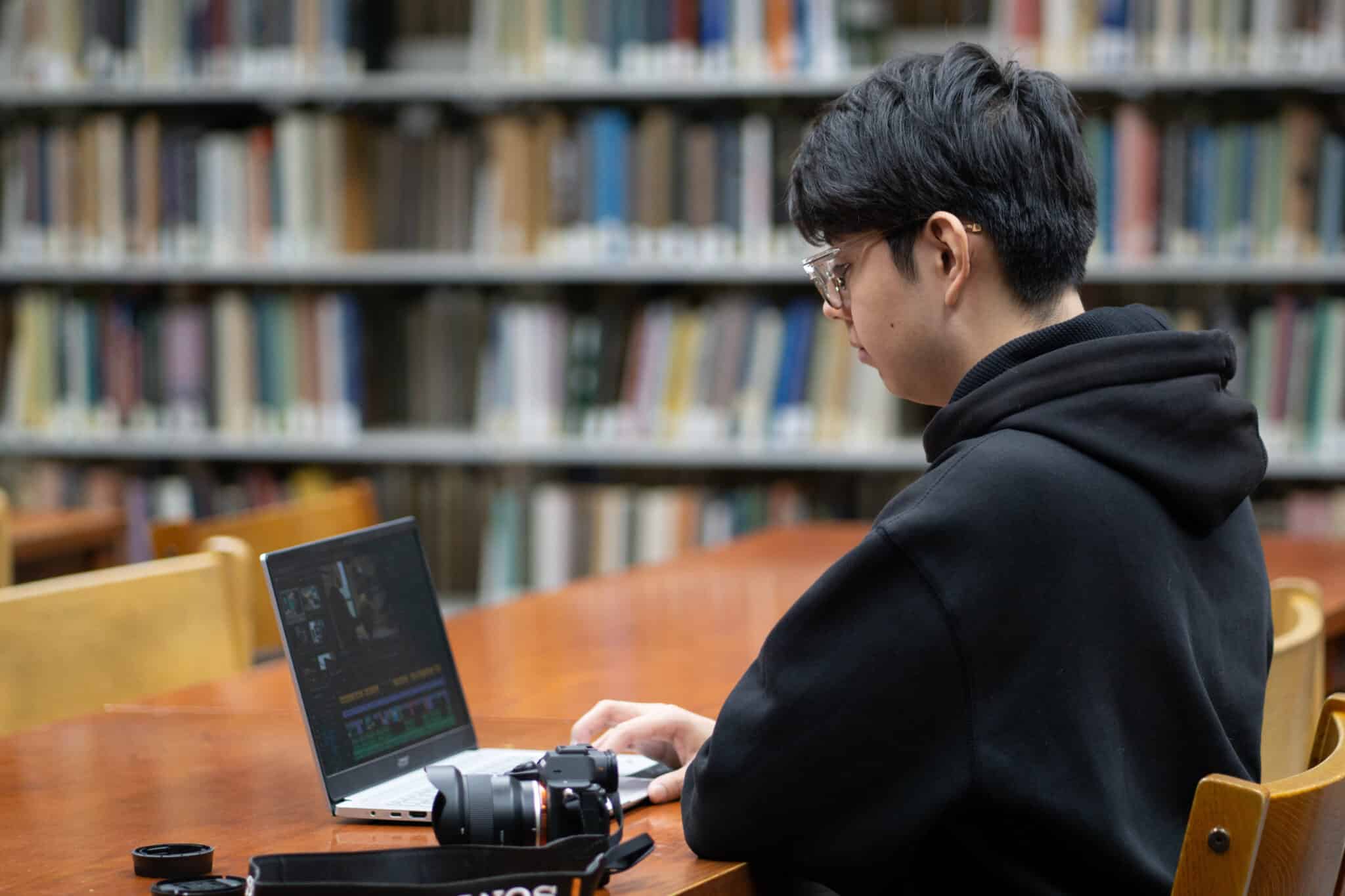As an immigrant, Juan Rosa is working hard to center Latino issues and voices in the 2024 election. Photo used with permission.
“I was one of two Latinos, one of five people of color,” Juan Rosa said. His internship with U.S. Senator Kirsten Gillibrand taught him a lot. And he saw how different he was from other Senate interns. “It was not only the race piece that stood out to me. It was the fact that here I am, someone who is doing a graduate degree, and I am interning with a high schooler,” he recalled.
Rosa has come a long way in the ten years since his work in Washington. He is national director of civic engagement at The National Association of Latino Elected and Appointed Officials (NALEO) Educational Fund that supports and encourages Latinos to become active in every level of the political process in the U.S.
“Juan’s work ethic is the reason NALEO Educational Fund has cemented itself as the leading organization for empowering Latinos in New York City and the rest of the northeast region,” said Wilson Tejeda, northeast program manager at NALEO who works with Rosa.
Rosa oversees citizenship and election preparation. “I now work to support teams that are working to engage Latinos through U.S. citizenship promotion and delivering direct services to help applicants with their applications for naturalization,” Rosa said. “We also provide voter education, creating programs and strategies to educate low propensity Latino voters to learn how to make their vote count in elections.”
As an overseer of five regions across the country, Rosa collaborates with people on the regional teams, like Dayana Pichardo, the organization’s northeast program coordinator. She likes to work with him because he creates a safe work environment even in stressful situations. “I feel like he leads not only with his ambition but with his heart, which is important in these times,” she said.
The job suits Rosa. “I feel like I am finally at a place, an organization, a position, that fully embraces my energy level, my intellect, my curiosity, my drive, my ambition. It kind of marries it all together into the perfect role,” he said enthusiastically.
Rosa grew up in a small community in the Dominican Republic. In 1992 his life changed when his father got a green card based on family reunification. Rosa’s mother went with him, but they had to leave eight-year-old Juan and his sisters, who were four and six, with relatives in different towns. Rosa remembers staying with an aunt and having lots of fun with his cousins, and although there were good moments, he still missed his family. “Even with lots of love and care from the adults in my life, I still yearned to be with my own two siblings who were hours away staying with another aunt,” he said.
Three years later, Rosa and his sisters joined their parents in Washington Heights in New York City where his parents still live. “I arrived September 24, 1995,” he said, adding that he remembers the exact date because of how important this moment was for him. Rosa said that living in Washington Heights and learning a new language was not a struggle. All he cared about was being with his family again. And he thrived under the community support he experienced. “My school, P.S. 189 in Upper Manhattan, had an amazing support system for English language learners, and I remember that every day I was taken out of my class, and I was given individual language classes, just one-on-one with an instructor… Ms. Davis,” Rosa said.
After graduating from high school, he enrolled at The City College of New York. He studied political science and got full financial aid to cover his tuition. But he still had to work to cover his personal expenses. “While I was at college I also worked part-time in after-school programs—youth development programs for the summer,” he said.
Rosa graduated and remained at City College to get a master’s in public administration as part of the very first cohort of students for that program.
Seeing first-hand the struggles of his parents, and as an immigrant himself, he took his education seriously and credits his parents with working hard to make his education possible. He hopes he and his team can make a difference for the 2024 election and make Latinos a focal point. “How do we set up a very robust, sustainable, innovative engagement program that can be sustained beyond 2024 and can be replicated and implemented consistently?” he asked, hopeful for the future of Latinos in the U.S.
Tags: CCNY City College Election Juan Rosa Latino Latino voices NALEO Politics Student Journalism The City College of New York Vanessa Estrada
